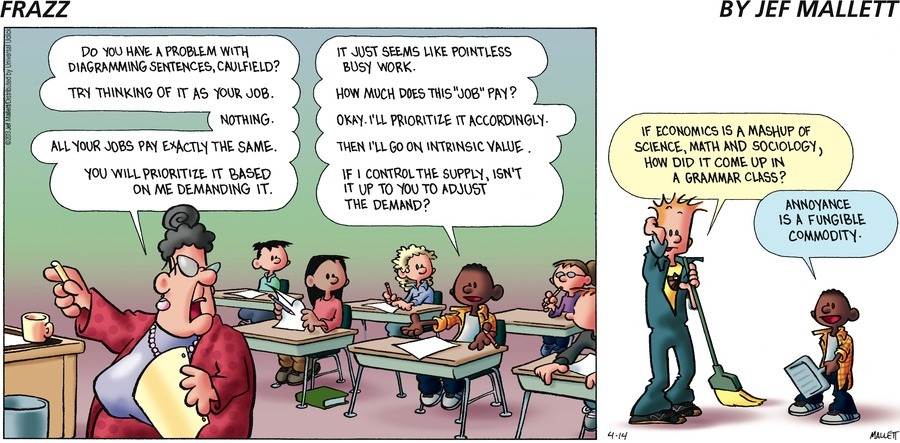Importance of publishing data and code
J.W. writes:
In connection with some of your prior statements on the Log about the importance of publishing underlying data, you might be interested in Thomas Herndon, Michael Ash, and Robert Pollin, "Does High Public Debt Consistently Stifle Economic Growth? A Critique of Reinhart and Rogoff", PERI 4/15/2013 (explanation in lay language at "Shocking Paper Claims That Microsoft Excel Coding Error Is Behind The Reinhart-Rogoff Study On Debt", Business Insider 4/16/2013). In sum, a look at the data spreadsheet underlying a really influential 2010 economics paper reveals that its results were driven by selective data exclusions, idiosyncratic weighting, and an Excel coding error [!].
Read the rest of this entry »





